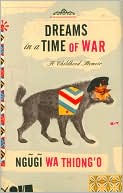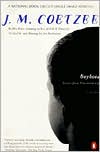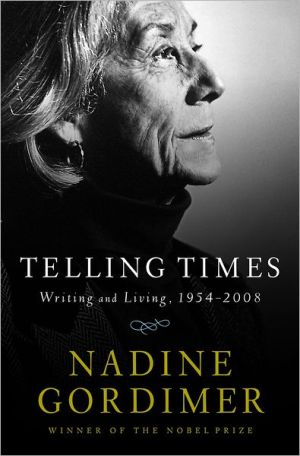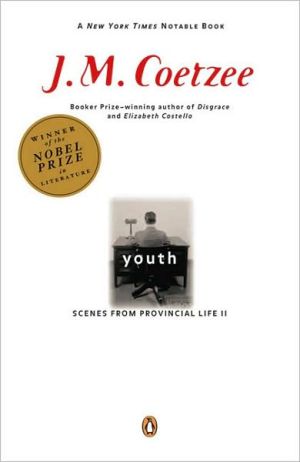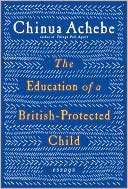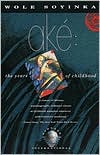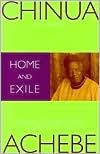Dreams in a Time of War: A Childhood Memoir
Search in google:
By the world-renowned novelist, playwright, critic, and author of Wizard of the Crow, an evocative and affecting memoir of childhood. Ngugi wa Thiong’o was born in 1938 in rural Kenya to a father whose four wives bore him more than a score of children. The man who would become one of Africa’s leading writers was the fifth child of the third wife. Even as World War II affected the lives of Africans under British colonial rule in particularly unexpected ways, Ngugi spent his childhood as very much the apple of his mother’s eye before attending school to slake what was then considered a bizarre thirst for learning. In Dreams in a Time of War, Ngugi deftly etches a bygone era, capturing the landscape, the people, and their culture; the social and political vicissitudes of life under colonialism and war; and the troubled relationship between an emerging Christianized middle class and the rural poor. And he shows how the Mau Mau armed struggle for Kenya’s independence against the British informed not only his own life but also the lives of those closest to him. Dreams in a Time of War speaks to the human right to dream even in the worst of times. It abounds in delicate and powerful subtleties and complexities that are movingly told. The Barnes & Noble Review In a life filled with an outrageous quantity of trouble, perhaps the best way to hold onto a portion of tranquility is to focus on the humble act of truth-telling. Such discipline runs throughout Ngugi wa Thiong'o's Dreams in a Time of War. The memoir's quietly straightforward demeanor goes a long way towards rending the veil of exoticism through which Westerners might otherwise view its assorted scenes of hardship, which range from female castration to the necessity of walking miles to school barefoot. Born in Kenya, in 1938, Ngugi was one of twenty-four children sired by his father, a taciturn man who had four wives, and saw his agrarian estate effectively stolen by an unscrupulous realtor manipulating new British colonial laws. The trauma inflicted by this dispossession led to the dissolution of the patriarch's self-control. To escape her husband's abusive behavior, Ngugi's mother retreated to her parents' home, where it was expected that he would eventually drift in to sue for forgiveness. This was not to be the case. Unrepentant, Ngugi's father bade him and his younger brother to go and live with their mother. With the eye of a social scientist, Ngugi situates the vicissitudes of his family's wellbeing in the larger context of the fractious political environment that surrounded his childhood. In striving to evoke the tensions that pitted traditionalists against progressives, and supporters of the colonial state against those who took up arms to overthrow it, he avoids depicting any one side as solely justified. In a roundabout way, he spells out the ethos of his book by alluding to one of his earlier works: "Years later, in my novel Weep Not, Child I would give to the young fictional Njoroge an aura of fact and rumor, certainty and doubt, despair and hope, but I am not sure if I was able truly to capture the intricate web of the mundane and the dramatic, the surreal normality of ordinary living under extraordinary times in a country at war… Perhaps it is myth as much as fact that keeps dreams alive even in times of war." The moral core of Ngugi's memoir can be found near his conclusion, "I want my actions to speak for me, positive deeds to be my only form of vengeance." One comes away from this book impressed by the author's ability to do justice to the complexity of life -- noting the inventiveness that poverty can occasion, and, in a rare incidence of practicing what one preaches, as Ngugi'cites the good deeds of his political adversaries. Dreams in a Time of War is an inspirational book deserving of a diverse readership. --Christopher Byrd
